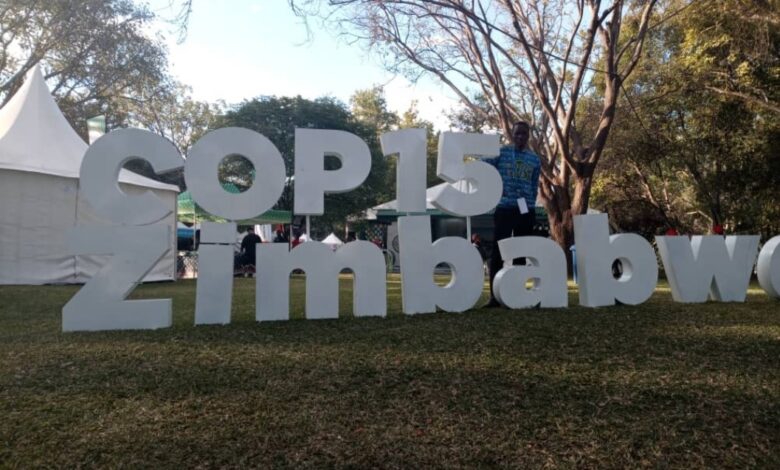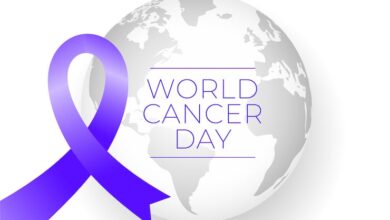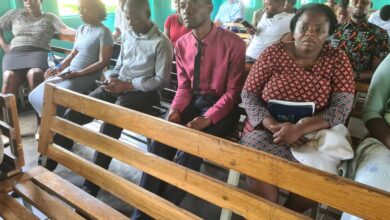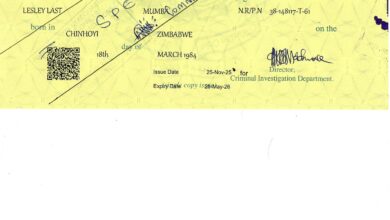Southern Africa Calls for Holistic Approach to Wetland Conservation at Ramsar COP15

Victoria Falls, Zimbabwe — Delegates from Southern Africa are calling for a unified, regional strategy to conserve the wetlands that serve as ecological lifelines across the region. Speaking during the ongoing Ramsar Convention on Wetlands’ 15th Conference of the Parties (COP15), representatives from Zimbabwe, Botswana, and South Africa emphasized the urgent need for holistic and collaborative policies to protect these fragile ecosystems.
“The preservation of wetlands must be approached holistically,” said Lameck Mogomotse, a delegate from Botswana. “Southern Africa’s watersheds are interconnected. Wetlands are not just habitats — they’re essential buffers against climate change.”
Often called the “lungs of the Earth,” wetlands support rich biodiversity, provide clean water, reduce flooding, and offer livelihoods to millions. Yet across the region, they face escalating threats from urban expansion, pollution, climate change, and unsustainable agriculture.
Jussa Kudherezera, Director of Zimbabwe’s Manica Youth Assembly (MAYA), urged governments to go beyond awareness and adopt practical, enforceable policies.
“We need strict regional regulations and incentives for conservation,” he said. “When we invest in our wetlands, we invest in our future.”
From South Africa, Lettie Mavhungo added that current national efforts fall short of what is needed to protect wetlands.
“Our governments must enact and enforce strong laws,” she said. “We can’t afford to treat wetlands as just resources — they are vital to our survival.”
Beyond environmental concerns, speakers highlighted the social and economic importance of wetlands — from tourism potential to food and water security. Delegates agreed that the Southern African Development Community (SADC) could serve as a platform for joint policymaking, resource mobilization, and data-sharing.
Mogomotse reiterated that “no country can tackle this alone. Regional cooperation is not optional — it’s the only way forward.”
With climate change accelerating and extreme weather events becoming more frequent, the stakes have never been higher. Mavhungo warned, “Wetlands are on the front lines of climate change. We’re already seeing droughts, floods, and ecosystem collapse. The time to act is now.”
As the COP15 discussions continue, delegates from Southern Africa hope their unified voice will translate into concrete commitments, stronger enforcement, and international support.
“This is a defining moment,” Kudherezera concluded. “Let us not leave COP15 with just good intentions — let’s go home with actionable frameworks that save our wetlands and secure our shared future.”





